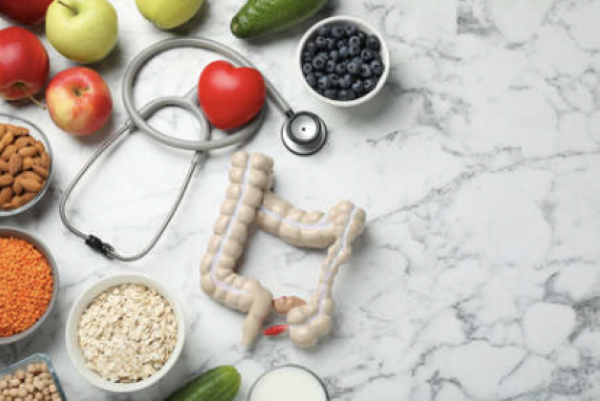
It might be time to load your grocery cart with fresh fruits and veggies. A recent study suggests that a nutrient-rich, plant-based diet may significantly lower your risk of inflammatory bowel disease (IBD)—and could even help keep you away from the surgeon’s table.
The research, published in The Lancet Regional Health Europe, isn’t just another push from your parents to eat more greens—it’s backed by serious science. Researchers looked closely at data from over 500,000 people participating in the UK Biobank and the European Prospective Investigation into Cancer and Nutrition.
The study found that not all plant foods have equal benefits. While fresh fruits, vegetables, nuts, and whole grains proved highly protective, ultra-processed plant products didn’t.
To better understand these differences, scientists divided plant-based diets into three groups. First up was the “overall plant-based diet,” featuring a mix of healthy and unhealthy plant-based foods. Then came the “healthy plant-based” group—full of nutrient-packed whole grains, fresh produce, nuts, and plant proteins. Finally, they evaluated a “junk food” plant diet heavy on refined carbs, sugary drinks, and fried foods. Each dietary style received a nutritional score from 1 to 5, with 5 being the healthiest.
For comparison, researchers also studied the impact of a balanced omnivorous diet rich in nutritious animal products like dairy, eggs, and seafood.
The results were eye-opening. The healthiest plant-based eaters had significantly lower IBD risk and fewer surgeries linked to the condition. Conversely, the junk-food plant diet was associated with a higher risk.
Interestingly, the balanced omnivorous diet showed equally strong results, and when accounting for dietary fiber, it may have even provided a slight advantage.
While fiber is clearly a significant player, researchers think other beneficial nutrients in plants may also help ward off IBD. They emphasized that there’s no single “perfect” eating pattern—instead, various nutritious diets can offer health benefits.
Further studies are needed to understand the diet-IBD connection fully. Still, one thing is clear: making room for nutrient-rich plant foods on your plate is smart.
Here’s the best part—eating well isn’t just preventive. If you already have IBD, a nutrient-packed diet may help slow disease progression and improve your quality of life.









Most Commented